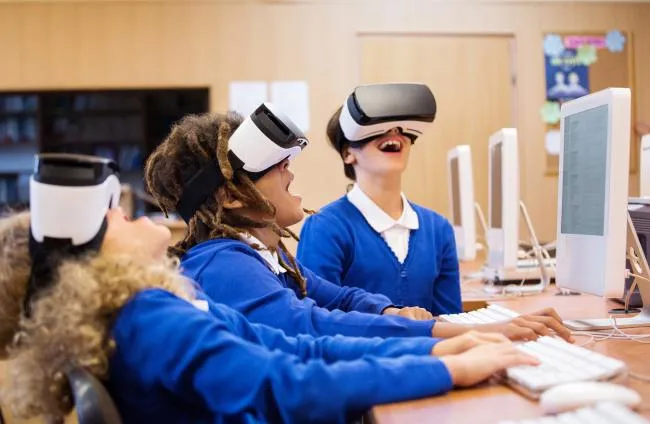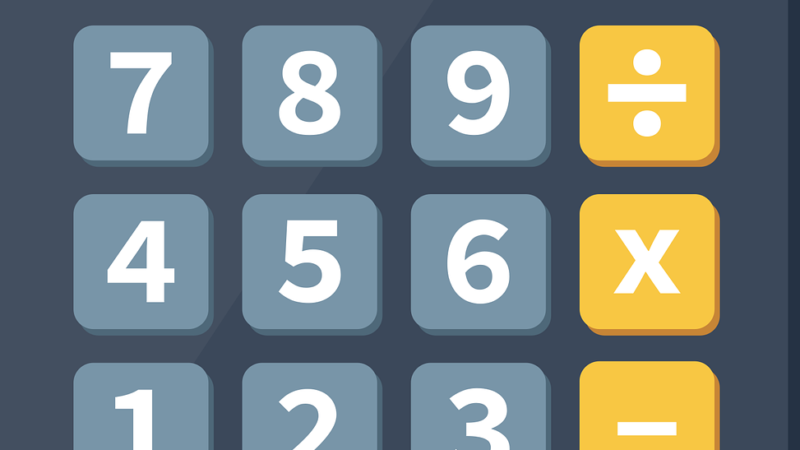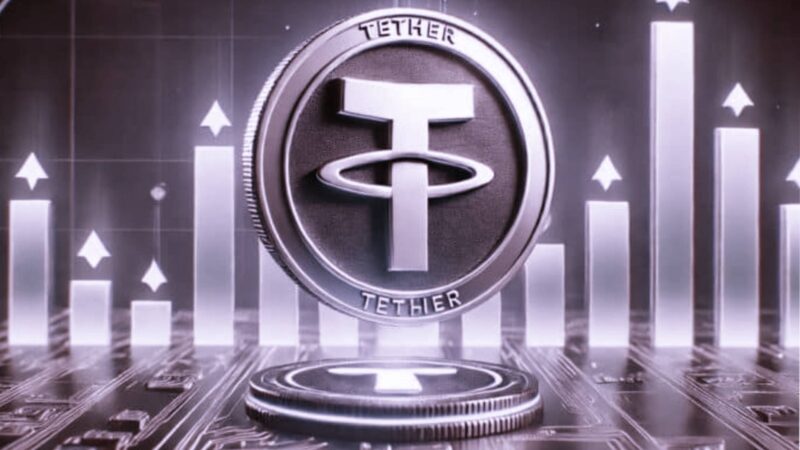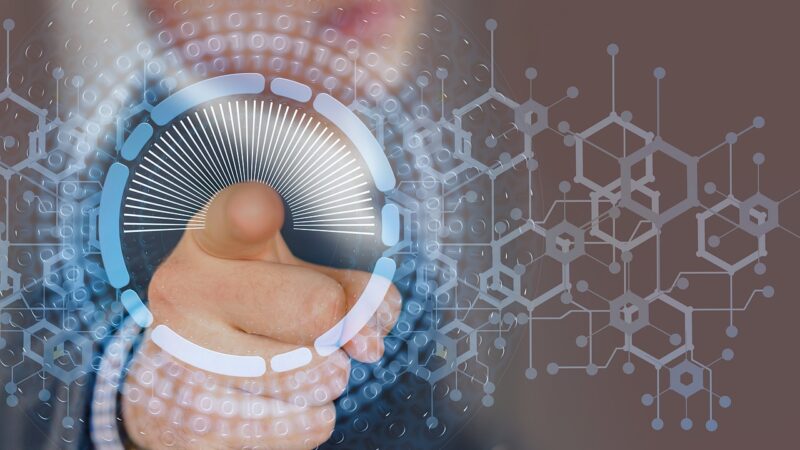This is how ChatGPT imagines the schools of the future

Classrooms equipped with smart devices, virtual and augmented reality, development of skills adapted to the 21st century, hybrid models… These are some of the characteristics that schools will have in the future, according to artificial intelligence.
Educational models have been changing throughout history, as society and the needs of the economies of the moment have done. According to a study published in 2019 by the World Economic Forum, the learning model used today at a general level is influenced by the needs posed by the First and Second Industrial Revolutions . The objective was to fill repetitive and manufacturing process-oriented jobs.
The Third and Fourth Industrial Revolutions introduced the automation of production and intangibles. These new engines of growth led to job changes . This raises questions about the adequacy of current educational systems to adapt to these changes. In addition, many of today’s schoolchildren will be working in new types of jobs that do not yet exist, most of which are likely to require digital and social-emotional skills.
The World Economic Forum report points out on several occasions the need to adapt educational models that it considers obsolete to the needs of the economies and societies of the future. For this, he sees it necessary to work on four key skills that focus on issues of global citizenship, innovation and creativity, technology and interpersonal skills.
When ChatGPT is asked how it envisions the schools of the future, the artificial intelligence gives some insight into trends and concepts that could define the schools to come.
Personalized learning. “The schools of the future could use artificial intelligence and data analytics technology to tailor the curriculum and teaching to the individual needs of each student,” says the AI. This would allow students to progress at their own pace and explore areas of personal interest.
Advanced technology. For AI, technology will be an integral part of the education of the future, with classrooms equipped with smart devices, virtual and augmented reality to create immersive learning experiences, and online collaboration tools that enable global connectivity. In a study published in 2021 in Applied Sciences , researchers stated that using virtual content in the real world makes learning methods more engaging and entertaining for students compared to traditional methods.
Focus on 21st century skills. The schools of the future will focus on developing skills such as critical thinking, problem solving, creativity, communication and collaboration . “These skills are essential in a constantly changing world,” notes ChatGPT.
Flexibility in space and time. Schools could adopt hybrid or fully online learning models, allowing students to access educational content anywhere, anytime. This will mean greater flexibility in class times and locations.
Focus on health and well-being. Schools of the future will care more about the physical and mental well-being of students. This could include mindfulness practices , sports activities, and spaces designed to promote health. In a 2020 study published in the International journal of scientific and research publications , researchers concluded that the practice of mindfulness in the school context reduces students’ test anxiety.
Global collaboration. Globalization will be a fundamental part of education, with opportunities for students to collaborate with students from around the world, helping them develop a broader understanding of different cultures.
Assessment based on projects and skills. “Instead of relying heavily on standardized tests, schools of the future could assess students based on projects, presentations, and demonstrations of practical skills,” says ChatGPT.
Lifelong learning. Education will not be limited to youth, but will be promoted throughout life. “The schools of the future will offer continuing education and professional development programs for adults,” says the AI.
Sustainability and environmental awareness. Schools of the future will be designed with a focus on environmental sustainability, promoting green practices and awareness of climate change.
Inclusion and diversity. An inclusive educational environment that celebrates diversity in all its forms and accommodates the needs of students of different backgrounds and abilities will be promoted.




